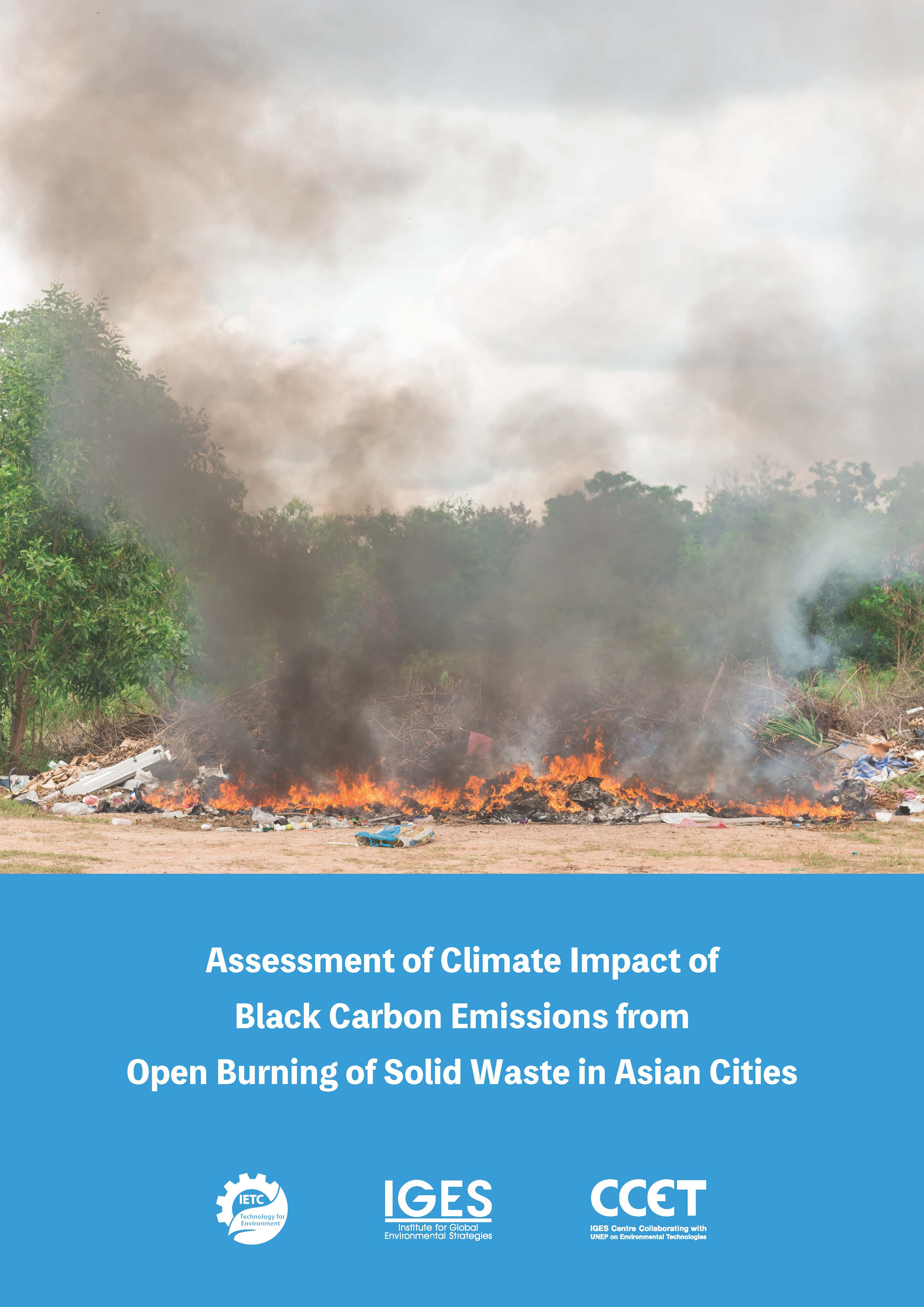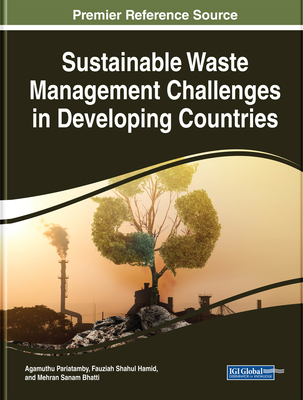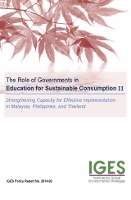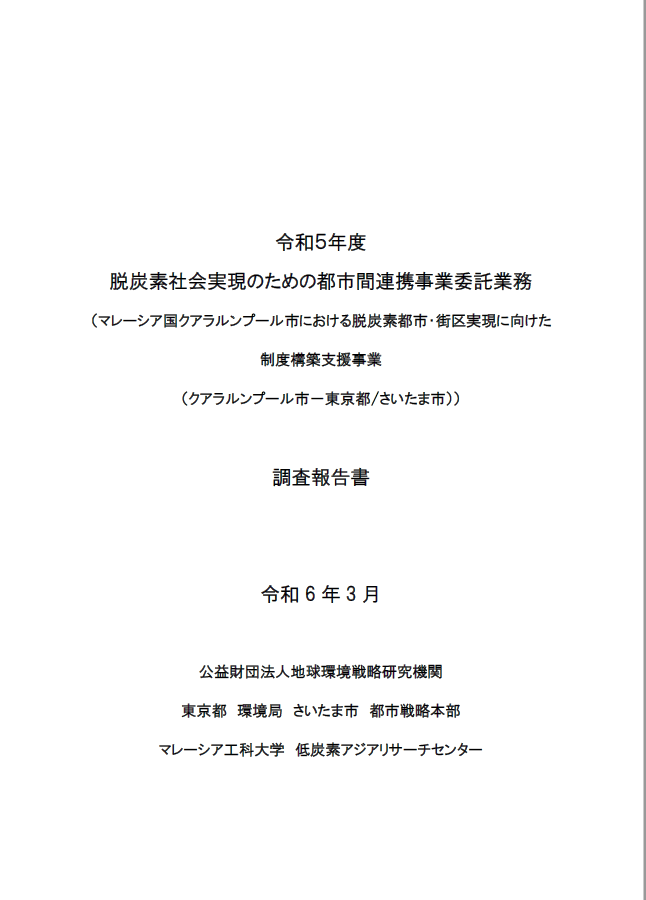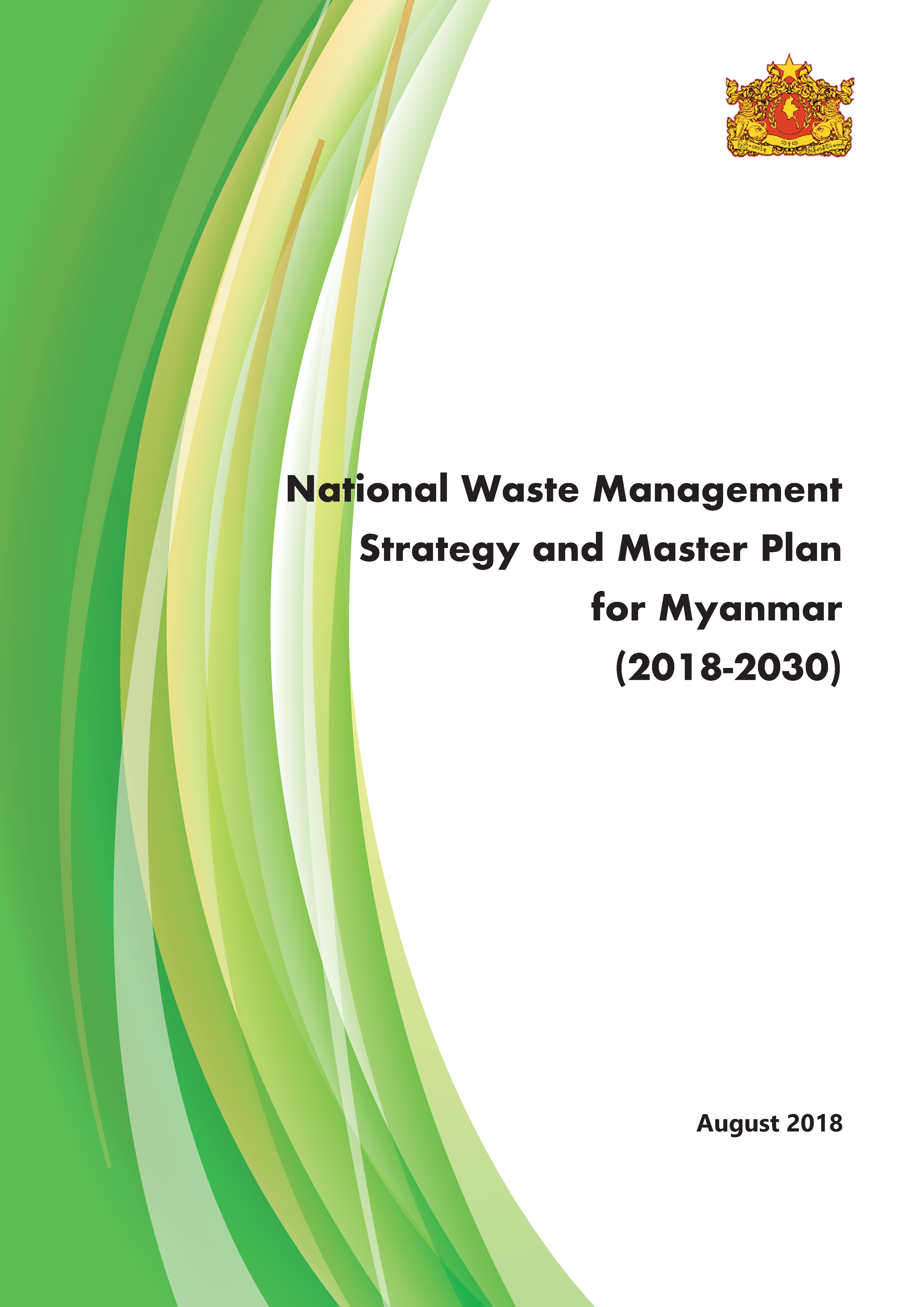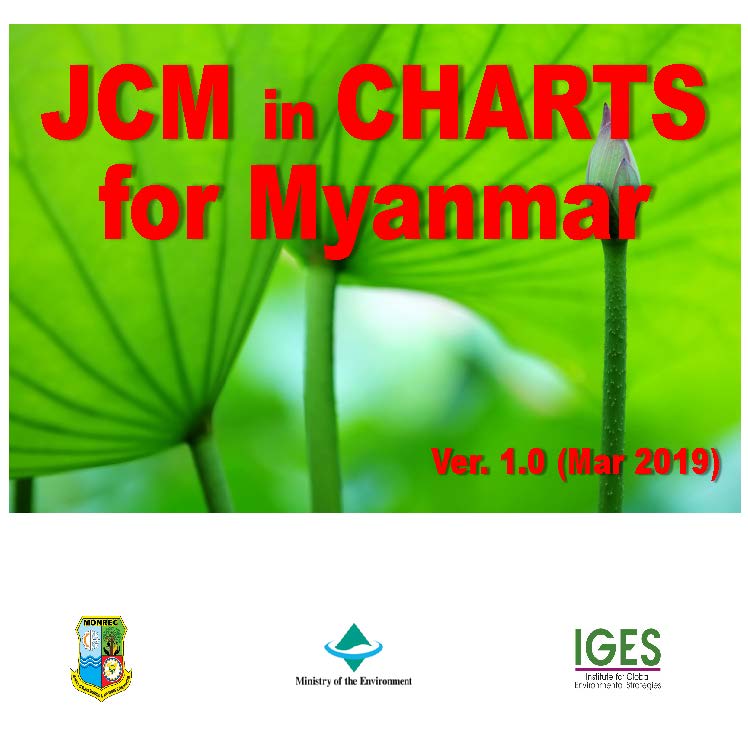Open waste burning is a widespread practice that is provoked by a lack of systematic waste collection, the unavailability of other disposal options, and inadequate land for the final disposal of the collected waste, especially in low- and middle-income countries. From a global perspective, two billion people have no waste collection at all, and the...
- Clear all
- Topic: (-) Adaptation
- Topic: (-) Mitigation
- Topic: (-) Biodiversity
- Topic: (-) Sustainable Societies
- Region/Country: (-) Malaysia
- Region/Country: (-) Myanmar
Results 1 - 10 of 27 (Sorted by date)
In Health Care Waste Management and COVID 19 Pandemic: Policy, Implementation Status and Vaccine Management
The sound management of healthcare waste (HCW) has been receiving increasing global attention, now even more so given the urgency of the COVID-19 pandemic. Uncontrolled fluctuations in generation quantities, the composition of HCW as well as the significant impacts it poses on public health and the environment require a more dynamic and cohesive...
This technical report showcases the case study that was conducted as part of the ASEAN Project on Disaster Risk Reduction by Integrating Climate Change Projection into Landslide Risk Assessment (ASEAN DRR-CCA). Its main purpose is to showcase the application of the methodologies described in the guidelines developed as part of this project. The...
In Media and Disaster Risk Reduction Advances, Challenges and Potentials
The Himalaya and Hindu Kush Region (HKH) is one of the world's most fragile ecosystems in terms of climate change and its impacts, such as, slow- and fast-onset disasters. Traditionally, nature and human beings have co-existed in this area with indigenous and local knowledge (ILK) systems and practices being used in different ways, such as for...
In Sustainable Waste Management Challenges in Developing Countries
Myanmar, the largest country in mainland Southeast Asia, has been facing considerable challenges with the management of solid waste in the recent past because of increasing income and consumption patterns, urban growth, and lack of effective waste management policies, treatment, and disposal methods. Waste management is also a crosscutting issue...
The Institute for Global Environmental Strategies (IGES) has carried out policy research on strengthening capacities for effective implementation of Education for Sustainable Consumption (ESC) and identifying pathways to facilitate mainstreaming of ESC with a specific focus on the roles governments can play in promoting sustainable consumption. An...
本報告書は、東京都とさいたま市との都市間連携を通してクアラルンプール市(以下、KL市)が進める、ゼロエミッション実現のための活動とこれまでの成果を示す。 KL市は東京都とは2019年度から、さいたま市とは2022年度から建築物の低炭素化に資する制度や事例について情報を共有してきた。今年度は、カマルザマンKL新市長(令和5年4月就任)の訪日の折に、竣工したばかりの東京都内の脱炭素ビル「麻布台ヒルズ」とさいたま市の美園地区の「スマートホーム・コミュニティ」に加えて、を視察する機会も提供した。 更に東京都が2025年度の施行に向けて準備を進める「新築住宅を供給するハウスメーカー等に屋根へのソーラーPVの設置と高断熱化を義務付ける条例」の制度内容...
Keywords:
Myanmar has had to face tremendous challenges in waste management in the recent past, due to a number of factors – its growing population and economy, increasing complexity of waste streams, and lack of effective waste management systems, proper infrastructure, capital investment, financial and human resources, as well as effective policy and...
The "JCM in CHARTS" series aim to provide a comprehensive and easy-to-understand description of the Joint Crediting Mechanism (JCM) in each host country. This version describes the rules, procedures, and references for implementing the JCM in Myanmar.
The Sustainable Cities Database is a new information resource to help sustainable development actors identify potential partner cities for low-carbon technology transfer projects. Spatial and Demographic Indicators: Spatial and demographic characteristics are described using a range of indicators, including population size and density, natural...

